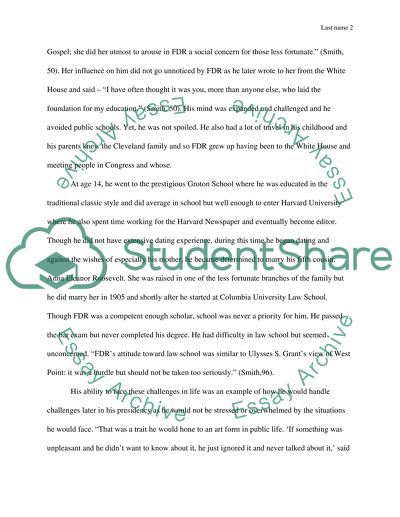Cite this document
(“Franklin D Roosevelt biography and Presidential Courage Essay”, n.d.)
Retrieved from https://studentshare.org/environmental-studies/1417290-franklin-d-roosevelt-biography-and-presidential
Retrieved from https://studentshare.org/environmental-studies/1417290-franklin-d-roosevelt-biography-and-presidential
(Franklin D Roosevelt Biography and Presidential Courage Essay)
https://studentshare.org/environmental-studies/1417290-franklin-d-roosevelt-biography-and-presidential.
https://studentshare.org/environmental-studies/1417290-franklin-d-roosevelt-biography-and-presidential.
“Franklin D Roosevelt Biography and Presidential Courage Essay”, n.d. https://studentshare.org/environmental-studies/1417290-franklin-d-roosevelt-biography-and-presidential.


